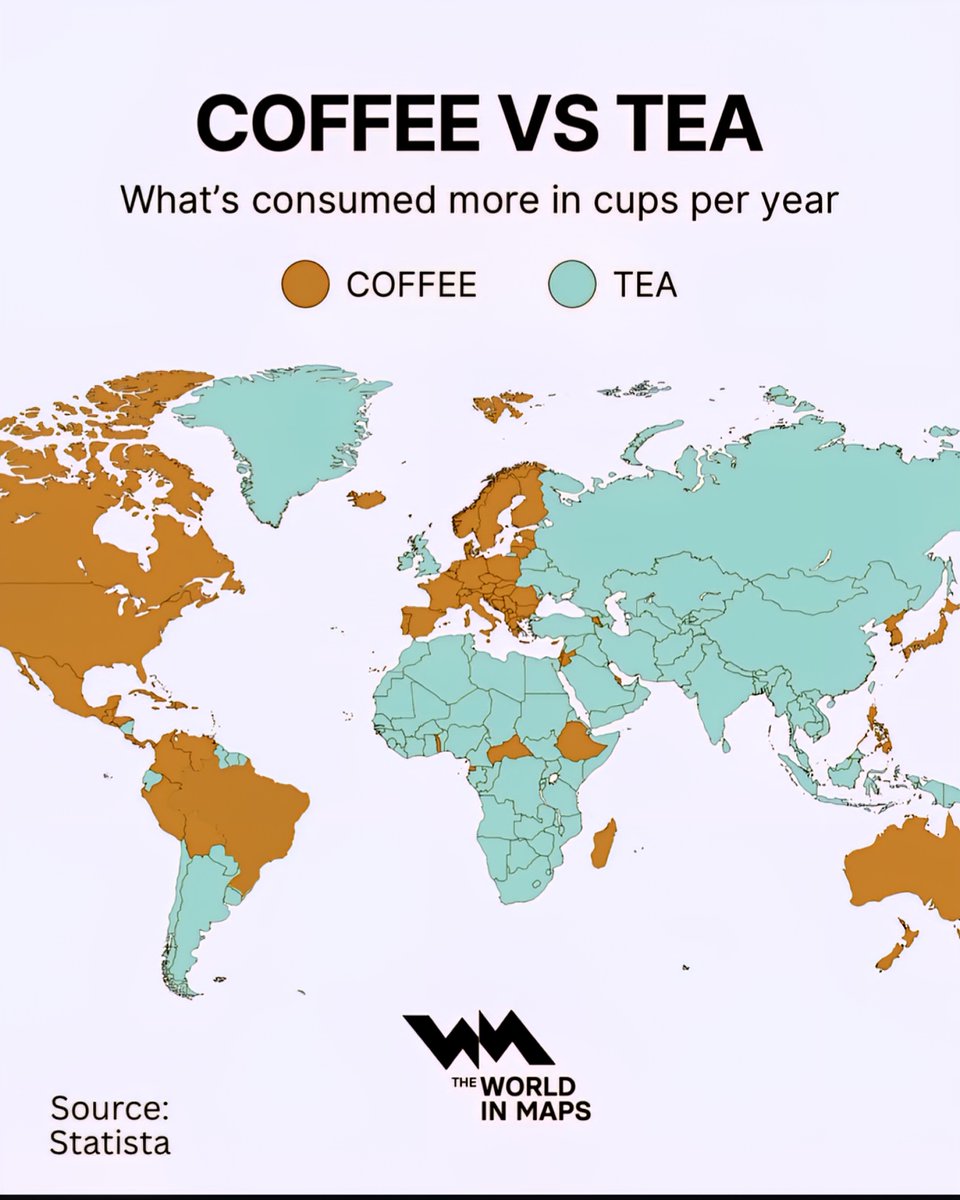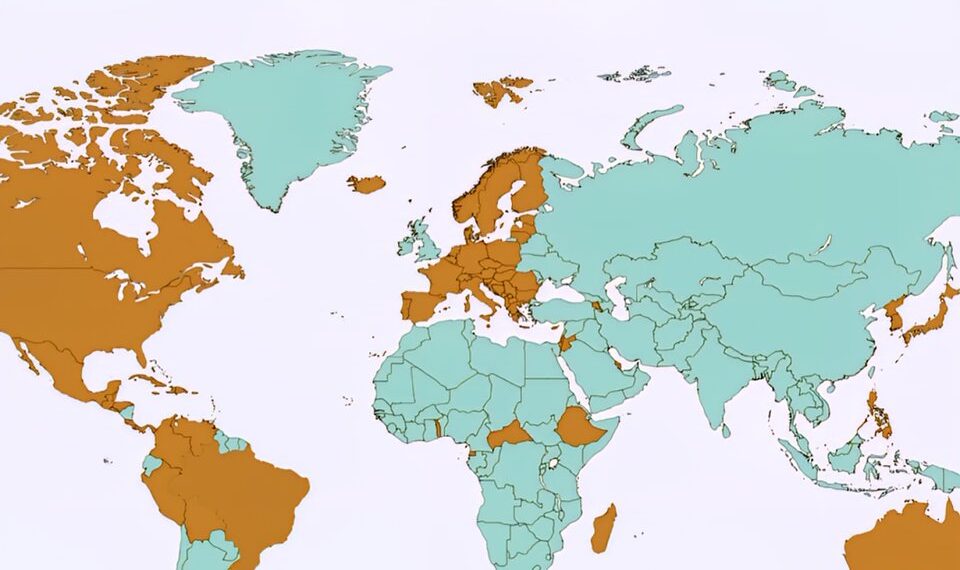Select Language:
The Ultimate Showdown: Coffee vs. Tea in 2025

In 2025, the age-old debate between coffee and tea continues to captivate beverage enthusiasts around the world. As health trends evolve and consumer preferences shift, both drinks have maintained their loyal followings, each boasting unique benefits and cultural significance. Here’s a deep dive into the ongoing rivalry, exploring the latest insights, preferences, and innovations in the world of caffeine.
The Cultural Roots and Global Popularity
Both coffee and tea boast rich histories that span centuries and continents. Coffee, originating from Ethiopia, has become synonymous with the hustle of urban life, symbolizing energy and productivity. Meanwhile, tea’s roots trace back to China and India, often associated with serenity, tradition, and social ritual. In 2025, these cultural cues still influence consumption patterns, with coffee dominating the bustling cityscapes of New York and London, while tea remains a staple in traditional ceremonies across Asia and the UK.
Health Benefits and Scientific Insights
In recent studies published in 2025, research continues to highlight the health implications of both beverages:
- Coffee: Rich in antioxidants and known for boosting mental alertness, coffee can improve concentration and mood. New findings suggest moderate consumption may lower risks associated with type 2 diabetes and certain neurodegenerative diseases.
- Tea: With its lower caffeine content, tea offers a calmer energy boost and contains compounds like catechins and theanine, which may enhance immune function and promote relaxation. Green and white teas, in particular, have been linked to weight management and improved gut health.
Consumers in 2025 are more informed, often choosing beverages tailored to specific health needs or lifestyle goals. Functional teas infused with adaptogens gain popularity for stress relief, while specialty coffee blends focus on biohacking benefits.
Flavor Profiles and Customization
The flavor landscape has expanded for both beverages, driven by flavor innovation and consumer demand for personalized experiences:
- Coffee: From cold brews infused with vanilla or caramel to single-origin beans with complex tasting notes, coffee in 2025 emphasizes craft and craftsmanship. Specialty baristas now incorporate alternative milks, syrups, and innovations like nitrogen-infused brews.
- Tea: The variety feels endless, with new herbal blends, fruity infusions, and artisanal loose-leaf teas hitting the market. Matcha, bubble tea, and floral-infused varieties offer diverse sensory experiences, catering to health-conscious consumers and those seeking delightful treats.
Sustainability and Ethical Sourcing
In 2025, environmental concerns heavily influence buying choices. Coffee farming faces scrutiny over deforestation and fair wages, prompting brands to adopt sustainable practices. Many coffee companies now prioritize direct trade and organic certifications.
Similarly, tea producers are increasingly transparent about their sourcing, with emphasis on fair trade and organic cultivation. Reusable tea infusers and eco-friendly packaging are now standard, reflecting a broader societal shift toward sustainability.
Technological Innovations in Beverage Consumption
Technological advances are transforming how consumers enjoy their favorite drinks:
- Smart Cups and Brewing Devices: High-tech coffee makers that customize brew strength and temperature are common in households. Automated tea brewers ensure perfect steeping every time.
- AI-Driven Personalization: AI algorithms help recommend blends based on individual taste profiles, health goals, and even daily moods.
- Virtual Coffee and Tea Experiences: Augmented reality (AR) and virtual tastings bring the coffee shop atmosphere into consumers’ homes, making beverage exploration a digital adventure.
The Future of Coffee and Tea Consumption
As we move further into 2025, the rivalry between coffee and tea is set to become even more dynamic. Hybrid drinks combining elements of both—such as tea-infused coffee—and functional beverages targeting specific health concerns are emerging trends. Additionally, local and indie brands are capitalizing on artisanal production, emphasizing authenticity and sustainability.
Consumers will continue to prioritize health, convenience, and environmental responsibility, shaping the future landscape of these beloved drinks. Whether you favor the bold aroma of coffee or the calming serenity of tea, 2025 proves that both beverages are integral parts of the global beverage culture.
Stay tuned as coffee and tea enthusiasts worldwide embrace innovation, tradition, and sustainability in their favorite cups.







